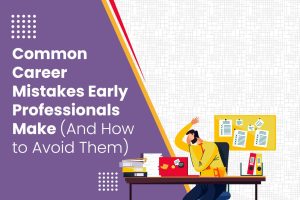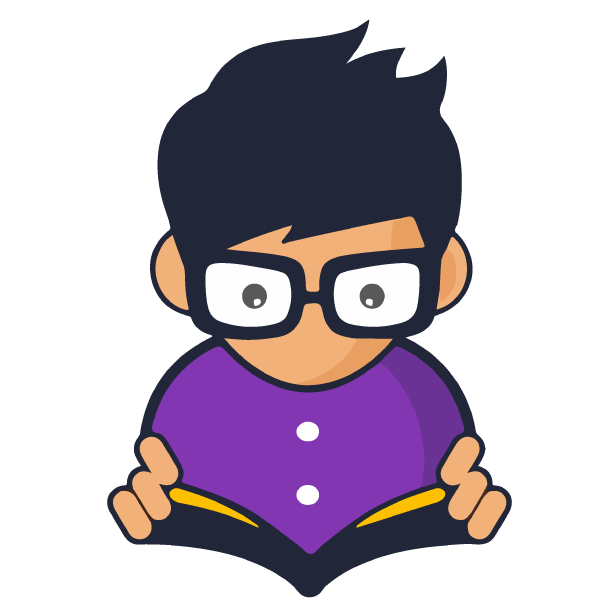Essential Tips for Interview Preparation: Acing Your Next Job Interview
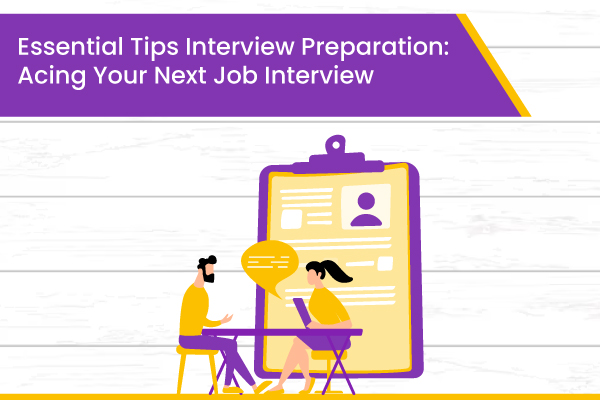
Padh Le Dost
November 13, 2024
Securing a job requires more than just qualifications—it’s about how you present yourself, your skills, and your potential to contribute. Here are essential tips to ensure you walk confidently into your next job interview.
1. Research the Company and Role Thoroughly
One of the first steps in interview preparation is understanding the company’s culture, mission, and values. Look into:
- Mission and Values: Employers appreciate candidates who align with their company’s vision.
- Role Requirements: Study the job description carefully. Pay close attention to the specific skills and qualifications the employer is seeking.
- Recent News and Achievements: Check for any recent projects or milestones the company has accomplished to bring up in your interview.
This foundational research will allow you to answer questions with relevant insights, making you appear engaged and well-prepared.
2. Prepare to Share Key Experiences
Employers want to know about your experiences and how they align with the job. Prepare 3-4 experiences that:
- Highlight Relevant Skills: Ensure these stories show how you’ve used skills critical to the position.
- Showcase Problem-Solving: Give examples of how you handled challenges or solved problems in the past.
- Include Metrics: Whenever possible, use numbers to show your impact, like increasing efficiency by 20% or reducing expenses by 15%.
These examples give context to your abilities and make your accomplishments concrete.
3. Practice Behavioral Interview Questions
Behavioral questions are designed to see how you’ve handled situations in the past, giving insight into your personality and potential fit with the team. Use the STAR method (Situation, Task, Action, Result) to structure your answers:
- Situation: Set the stage for the scenario.
- Task: Describe the goal you were working toward.
- Action: Explain the steps you took.
- Result: Share the outcome and, if possible, the positive impact on your team or company.
Common behavioral questions include:
- “Tell me about a time you faced a challenge at work.”
- “Describe a situation where you had to collaborate with a difficult colleague.”
Practicing responses can make you more confident, clear, and concise.
4. Dress Professionally and Appropriately
First impressions matter, and your attire can influence how the interviewer perceives you. Dress one level above what the company’s typical attire is, whether it’s business formal or business casual. This shows respect and helps you look and feel professional.
5. Prepare Thoughtful Questions to Ask the Interviewer
Toward the end of most interviews, you’ll be asked if you have any questions. Asking thoughtful questions shows genuine interest in the company and role. Here are a few examples:
- “What does a typical day look like for someone in this role?”
- “What opportunities for growth and development does the company offer?”
- “How does the team measure success?”
These questions allow you to assess whether the company aligns with your career goals and work style.
6. Download Digital Resources for Additional Preparation
Consider downloading eBooks and digital resources to guide you on career development. Many online platforms offer free or affordable resources focused on:
- Interview Preparation: Guides that help you navigate interview etiquette and common questions.
- Skill Development: Books on improving skills related to your desired role, like communication, problem-solving, and leadership.
- Industry-Specific Knowledge: Look for resources tailored to your industry, providing insights on trends, terminologies, and technical know-how.
These resources can give you a deeper understanding of what to expect and how to excel in interviews. Padh Le Dost offers a variety of eBooks available for download, covering career development essentials to enhance your preparation.
7. Polish Your Resume and Portfolio
Ensure your resume is polished, concise, and free of errors. Tailor it to highlight your most relevant skills and experiences for each job application. Additionally:
- Include a LinkedIn Profile: A strong LinkedIn profile complements your resume and gives the interviewer a fuller picture of your experience and endorsements.
- Compile a Portfolio: If your work is visual or project-based, create a portfolio of your accomplishments. This is especially useful for fields like design, writing, and marketing.
A well-organized resume and portfolio can set you apart by providing tangible evidence of your capabilities.
8. Practice Interview Etiquette
From your greeting to your departure, small gestures contribute to how you’re perceived. Here’s what to keep in mind:
- Arrive Early: Arriving 10-15 minutes early demonstrates punctuality.
- Maintain Eye Contact: This shows confidence and attentiveness.
- Be Attentive and Engaged: Nod or smile when appropriate to show that you’re actively listening.
- Follow Up: After the interview, send a thank-you email. Mention something specific you discussed to personalize it and reinforce your interest.
Good etiquette reflects professionalism, respect, and a proactive attitude.
9. Stay Calm and Confident
It’s natural to feel nervous, but maintaining a calm demeanor can help you think clearly and stay composed. Here are some relaxation techniques to consider:
- Take Deep Breaths: A few deep breaths before entering the room can calm your nerves.
- Visualize Success: Picture yourself succeeding in the interview and receiving positive feedback.
- Remind Yourself of Your Skills: Think about your accomplishments and why you’re qualified for the job.
Confidence comes from preparation and self-assurance. The more prepared you feel, the more likely you are to stay composed under pressure.
10. Reflect on Past Interviews
After each interview, take time to reflect on your performance. Consider:
- What Went Well: Identify moments where you felt you delivered strong responses.
- Areas for Improvement: Think about questions that threw you off or where your answer could have been clearer.
- Feedback Received: If you receive constructive criticism, use it to improve for future interviews.
Continuous self-improvement in your interview techniques will increase your chances of success in future opportunities.
Conclusion
Interview preparation is a blend of research, practice, and self-confidence. By following these essential tips, you can walk into your next interview with the assurance needed to present yourself as the best candidate. For further preparation, explore eBooks on Padh Le Dost that focus on career development and interview success. Armed with knowledge, resources, and confidence, you’ll be better prepared to turn interviews into job offers.
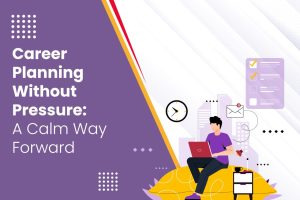
Padh Le Dost
February 20, 2026
Career Planning Without Pressure: A Calm Way Forward
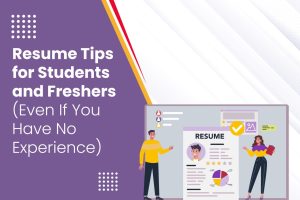
Padh Le Dost
February 18, 2026
Resume Tips for Students and Freshers (Even If You Have No Experience)
